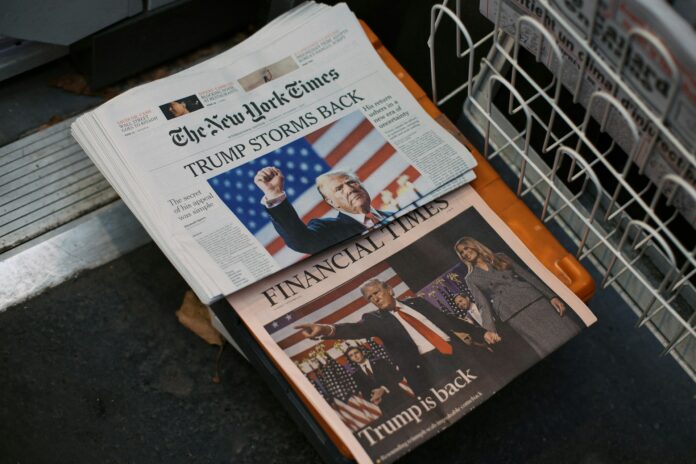The NCAA and others in college sports have longed for a federal resolution to the confusing and contradictory state NIL laws that govern student-athlete compensation. These non-uniform state laws constantly cause several issues for student-athletes, universities, companies, and NIL collectives about compensation and monetizing student-athlete brands in the different states in our country. Since it was determined there will be a republican majority in Congress to steer all United States legislation, the call for a unified NIL standard may finally be heard. Although this may bring some much-needed uniformity pertaining to regulations and standards to the NIL world, there are also questions surrounding how this may affect student-athletes’ potential earning power.
The elections produced several returning or new republican leaders in our country and their stance on NIL will affect how NIL regulation will be shaped. Texas Senator Ted Cruz stated that NIL reform will be of high priority so that the programs can continue for years down the road. It is also imperative to note Donald Trump’s victory as a republican presidential candidate, which may halt efforts by the National Labor Relations Board (NLRB) to classify student-athletes as employees and reshaping labor discussions in the world of college athletics. Ohio State Representative Brian Stewart has proposed legislation to have protective measures built in NIL agreements so student-athletes’ post-college earning potential isn’t hindered by long-term contracts. Stewart’s legislation is seen welcomed by most in college athletics, especially student-athletes.
While a unified federal approach to NIL is seen as something that the NCAA has desperately wanted and could make navigating the NIL world a lot easier through one standard regulation, it may come at a cost. As mentioned, the cost may pertain to limiting or capping a student-athlete’s potential and limiting student-athlete’s rights. Again, while traditional college sports may be protected with these new proposed NIL uniformity laws, the question remains at what costs to the student-athlete?

